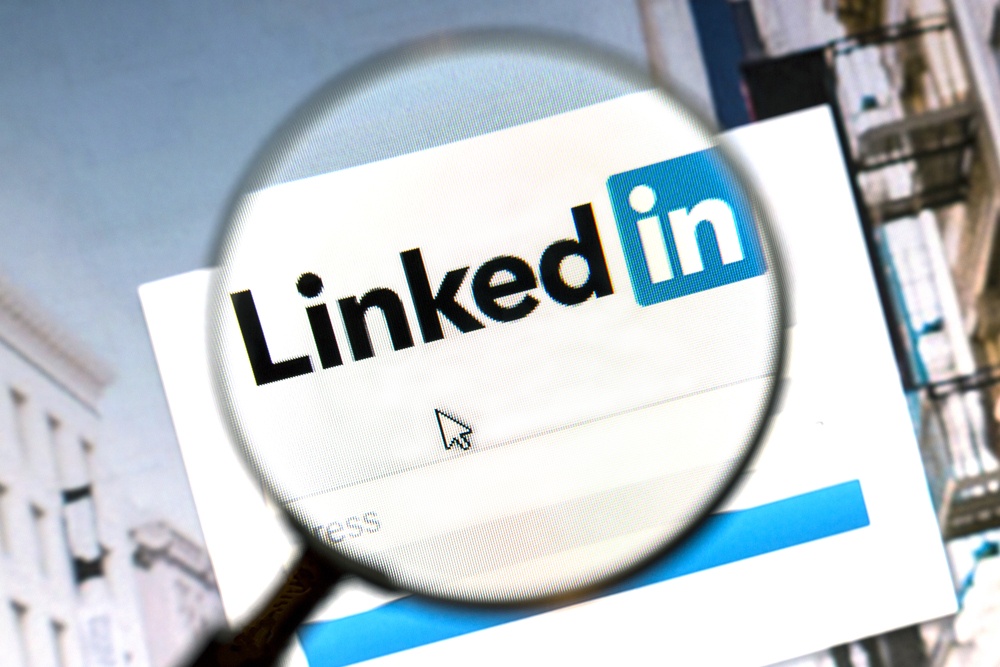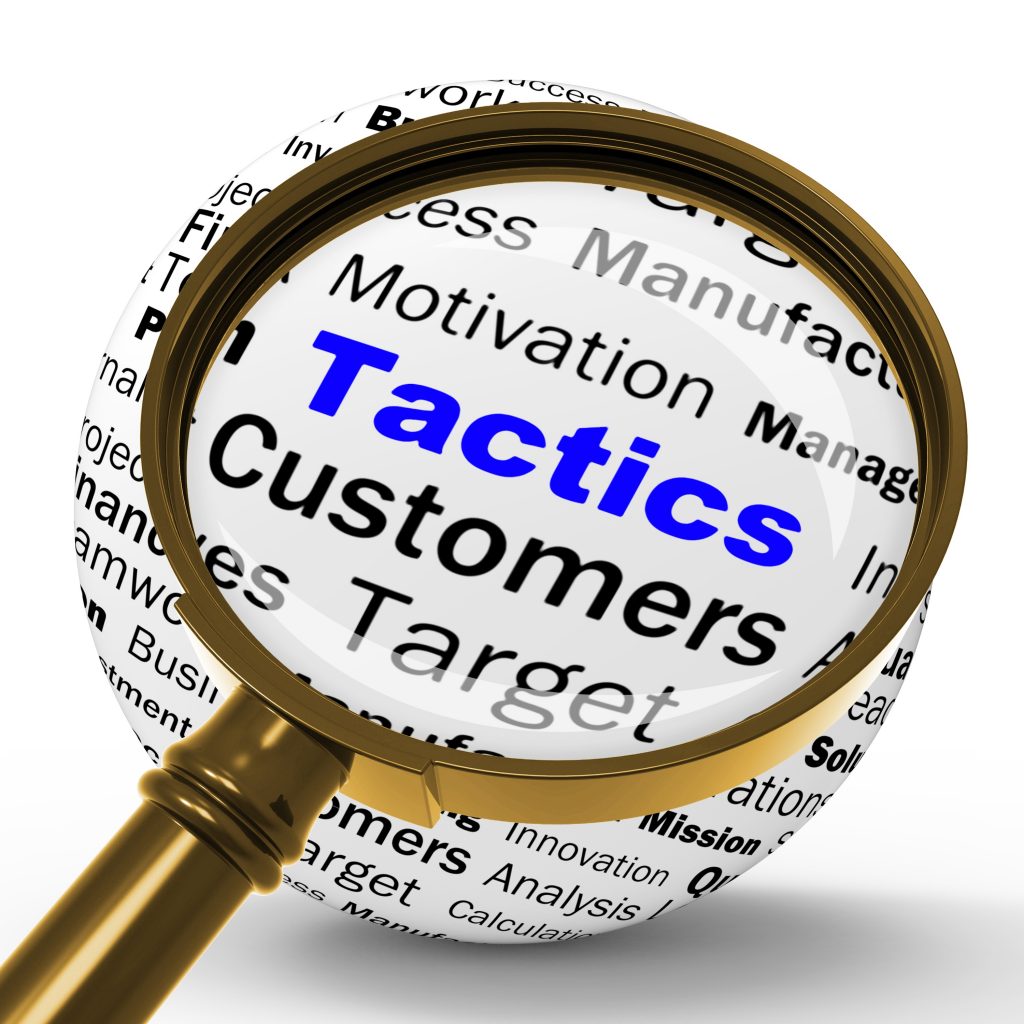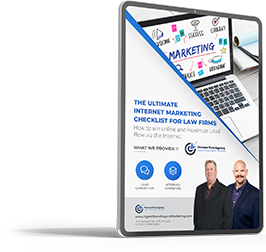The insurance industry is increasingly competitive, with agents facing the challenge of standing out in a crowded market. Digital marketing has emerged as an essential tool for reaching potential clients and fostering business growth. Effective strategies in this domain are vital for insurance agents looking to enhance their online presence and connect with their target audience. This article explores the key digital marketing strategies including PPC, SMM, SEO, and web development, offering insurance agents actionable insights to drive their success.
Understanding the Landscape
Agents in the property, casualty, life, and Medicare insurance sectors must navigate a complex landscape marked by changing demographics, laws, consumer behaviors, and the challenges of lead generation, acquisition costs, client retention, and market competition. Digital marketing presents a pathway to address these challenges, enabling agents to reach and engage with potential clients more effectively.
Key Strategies for Digital Marketing Success
- Search Engine Optimization (SEO): SEO is crucial for increasing visibility online. Insurance agents should focus on optimizing their website with relevant keywords, ensuring the content is high-quality, and making their site mobile-friendly. Local SEO is particularly critical for attracting clients in specific geographical areas, involving the optimization of Google My Business listings and the acquisition of local backlinks.
- Pay-Per-Click Advertising (PPC): PPC campaigns can quickly increase visibility on search engines and social media platforms. By targeting specific keywords related to their services, insurance agents can attract high-quality leads. It is important to continuously refine PPC campaigns based on performance data to maximize ROI.
- Social Media Marketing (SMM): Social media is a powerful tool for building relationships with potential and existing clients. Agents can use these platforms to share informative content, client testimonials, and stories that humanize their brand. Interaction with the audience through comments and direct messages can enhance client loyalty and encourage referrals.
- Content Marketing: Providing valuable content is an effective way to establish authority and attract clients. This includes creating blog posts, infographics, eBooks, and videos that address the needs and questions of the target audience. Besides improving SEO, content marketing builds trust with potential clients.
- Email Marketing: Email remains a highly effective communication channel. Insurance agents can use email marketing to nurture leads, share personalized offers, and keep clients updated on industry news. Segmenting the email list improves the relevance and effectiveness of the campaigns.
- Web Development and User Experience (UX): A well-designed website is crucial as it often serves as the first point of contact with potential clients. Ensuring the website is easy to navigate and informative can significantly impact conversion rates. Incorporating interactive elements like chatbots can also improve engagement and lead capture.
- Analytics and Performance Tracking: Continual monitoring and adjustment of digital marketing strategies based on performance data are essential. Analytics tools provide insights into website traffic, user behavior, and the effectiveness of marketing campaigns, enabling data-driven decision-making.
Overcoming Common Challenges
- Lead Generation: A mix of SEO, PPC, and social media strategies can broaden your audience reach and enhance lead generation efforts.
- Acquisition Cost: Reducing acquisition costs involves optimizing marketing campaigns for conversions and refining targeting criteria. Cost-effective channels like email and content marketing also play a crucial role.
- Client Retention: Personalized communication and providing value beyond the sale can improve client loyalty. Implementing CRM systems can streamline these efforts.
- Market Competition: Standing out in the market requires unique value propositions, specialized services, or superior client experiences. Targeting niche markets or specific demographics may also reduce competition.
Conclusion
For insurance agents, mastering digital marketing strategies is crucial for success in today’s digital-first world. By focusing on SEO, PPC, SMM, content marketing, email marketing, and web development, agents can effectively reach and engage their target audience. The key to success lies not just in the implementation of these strategies but in their continuous optimization and adaptation to the dynamic digital landscape.
This guide offers a strategic framework for insurance agents to navigate the complexities of online marketing, achieve growth, and sustain success through digital channels. With dedication to refining and adapting these strategies, agents can look forward to achieving their business objectives and standing out in the competitive insurance industry.
This article, created on February 16, 2024, is a testament to the collaboration between Carl Willis and OpenAI’s ChatGPT, blending AI-generated insights with Willis’s expertise to provide a comprehensive guide for insurance agents. Through ongoing revision and oversight, this piece ensures accuracy and relevance, addressing the nuanced challenges faced by insurance professionals in the digital age.






